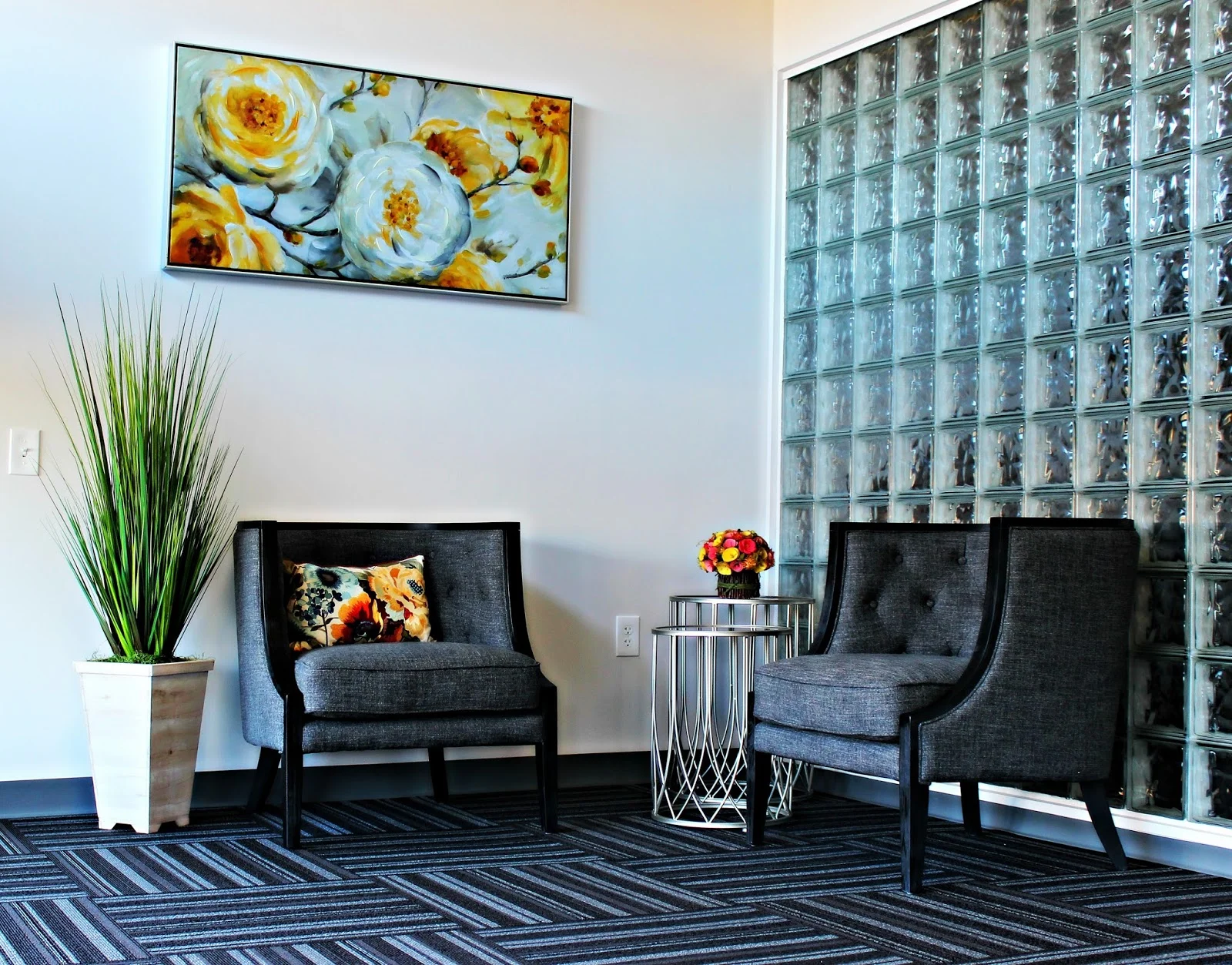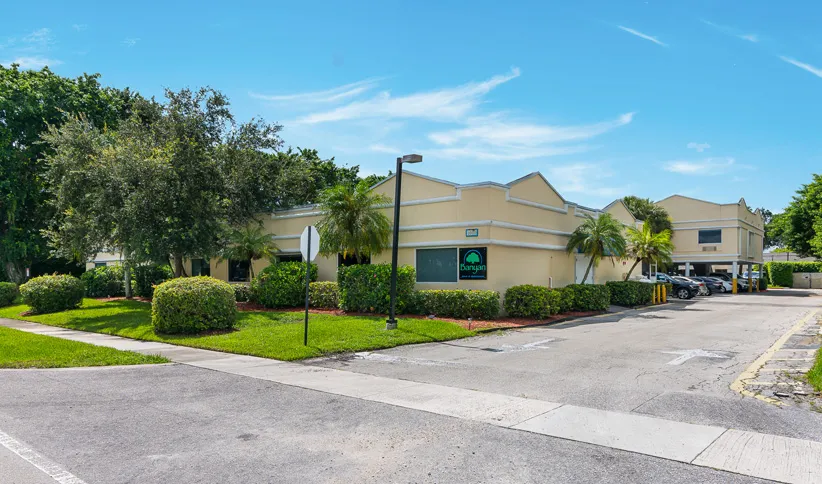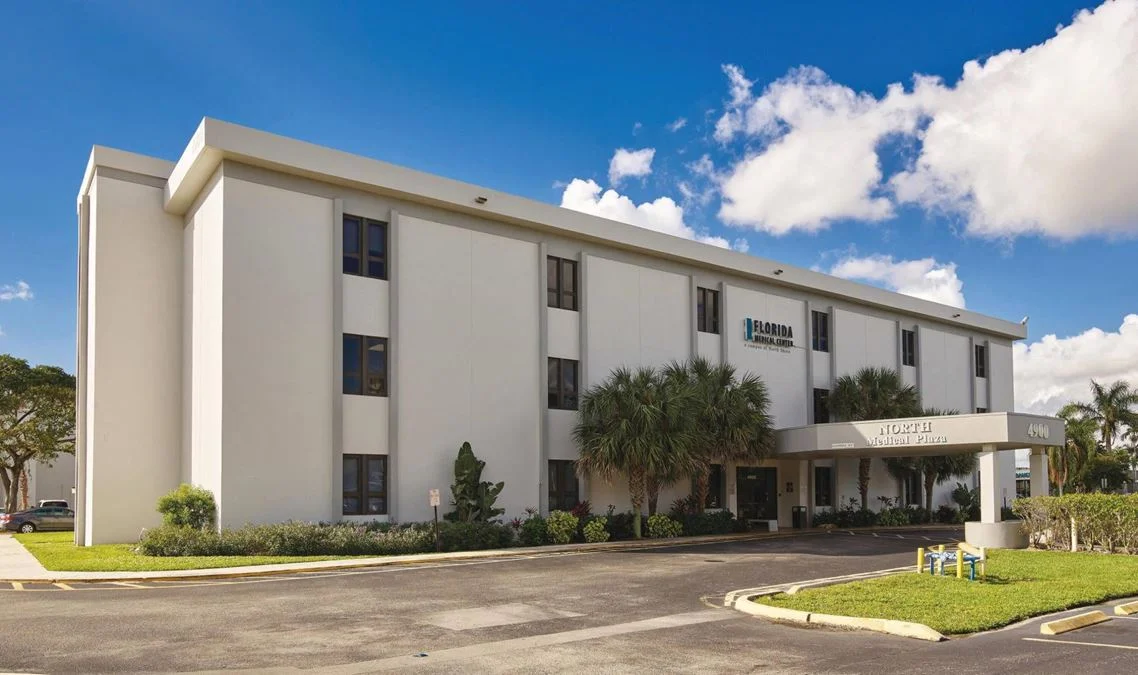Banyan Treatment Centers - Philadelphia Information
Treatment
Who We Treat
- Male and Female
Treatment Focus
- Family Program
- Alcohol
- Anxiety
- Co-Occurring Disorders
- Cocaine
- Drug Addiction
- Opioids
Approaches
- 12-Step-Based
- Evidence-Based
- Gender-Specific
- Twelve Step
- Holistic
Conditions We Treat
- Depression
- Anxiety
- Bipolar Disorder
- Post Traumatic Stress Disorder (PTSD)
- Trauma
- Bipolar
- Co-Occurring Disorders
Substances We Treat
- Alcohol
- Benzodiazepines
- Heroin
- Opioids
- Cocaine
- Methamphetamine
- Psychedelics
Languages
- English
Aftercare
- Intensive Outpatient Program
- Follow-up Sessions (online)
- Outpatient Treatment
- Private
- Professional Re-entry Support
- Alumni Events & Get-Togethers
- Online Alumni Groups
- Support Meetings (on-site)
Level of Care
- Outpatient
- Intensive Outpatient Program (IOP)
- Day Treatment
- Co-Occurring Mental Health
Experience
On-Site Amenities
- Allow Cell Phones
Personal Amenities
- Air-Conditioned Rooms
Off-Site Amenities
- Fitness Center
On-Site Activities
- Alternative Meetings
Special Considerations
- Gender-specific groups
- Family Program
Accreditations
-
State mental health department
State mental health department accreditation refers to the process of evaluating and certifying the quality and standards of a state's mental health department, ensuring that it provides high-quality services and meets specific criteria for mental health care. The accreditation process is performed by a third-party organization and helps to improve the overall care and treatment of individuals with mental health conditions.
-
State department of health
State Licenses, issued by government agencies, authorize rehabilitation organizations to legally operate within designated geographical areas. The specific licenses required for operation are typically determined by both the nature of the rehabilitation program provided by the facility and its physical location.

-
The Joint Commission
The Joint Commission's addiction and behavioral health accreditation signifies a facility's commitment to high-quality care. It involves rigorous evaluations and assessments of clinical practices, ensuring effective, evidence-based treatment. Accreditation showcases a dedication to continuous improvement and patient safety, instilling trust among patients, families, and healthcare professionals. It's a mark of excellence in addiction and behavioral health care.

Additional Locations
Banyan Treatment Centers - Philadelphia Accepts The Following Insurance Plans
Find the best treatment options. Call our free and confidential helpline today!



























